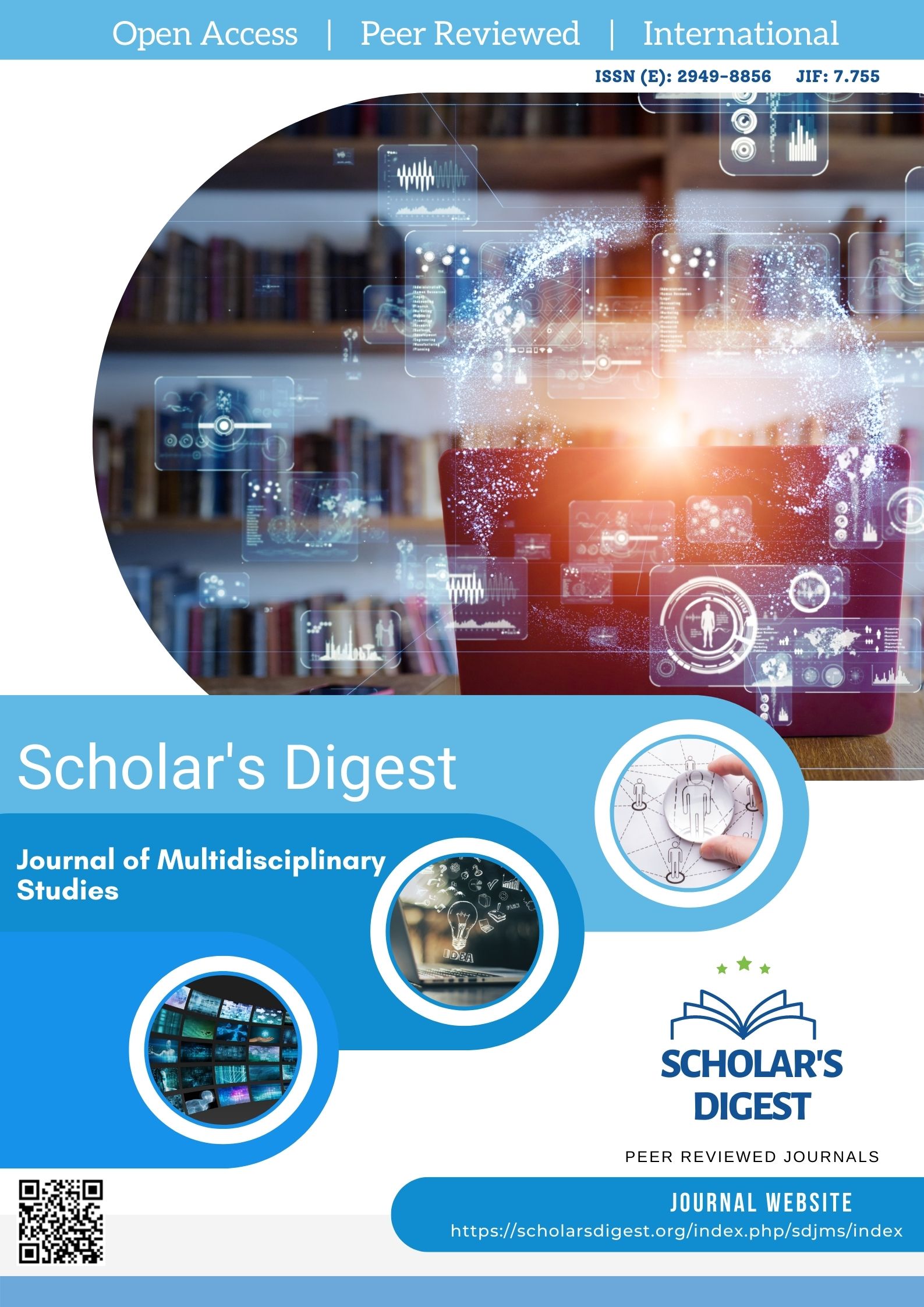ELECTRONIC AND FINANCIAL ACCOUNTING FOR SUSTAINABLE DEVELOPMENT-A FIELD STUDY ON A SAMPLE OF COMPANIES LISTED ON THE IRAQ STOCK EXCHANGE
Keywords:
Electronic Accounting, Financial Accounting, Sustainable DevelopmentAbstract
The digital transformation of financial accounting is a strategic approach to improving institutional performance, reshaping the pivotal role of accounting in supporting and achieving sustainable development goals, particularly in the context of economic and environmental issues. This research aims to examine the interactive relationship between electronic accounting and digital financial systems, on the one hand, and the sustainable development goals, on the other. This research examines the technical and regulatory elements that enhance transparency and the framework for efficient resource allocation. It also links financial and technological dimensions to social and economic responsibility, in line with the global trend toward a green and sustainable digital economy. The research adopts a descriptive and analytical approach, supported by case studies, combining a theoretical review of recent literature with an analysis of several applied studies from various economic contexts. The results demonstrate that integrating electronic accounting systems with technologies such as artificial intelligence, digital sustainability reporting, and block chain technology can enhance the accuracy of financial information, promote transparency and financial disclosure, reduce administrative corruption, increase data reliability, and enable decision-makers to manage resources more effectively, in line with environmental, social, and economic sustainability principles. This, in turn, improves the quality of financial reporting. The study also reveals a clear gap or significant discrepancy in the digital and legislative infrastructure of many developing countries, hindering their ability to adapt to sustainable digital transformation. Consequently, the study presents a proposed framework that combines institutional changes, human capital development, and the enhancement of the digital environment to facilitate smart accounting. The study proposes a reconsideration of accounting and finance education policies that include sustainability and digital transformation capabilities, supporting the role of accountants as a catalyst for sustainable development in both the public and private sectors. Furthermore, it highlights the need to integrate sustainability concepts into modern accounting systems to enhance long-term development impact, especially in developing countries.
References
Al-Haddad, L. & Al-Sartawi, A. (2019). The Impact of E-Accounting on
Financial Reporting Quality: Evidence from Jordan. Journal of
Accounting and Finance Research, 8(1), 1-15.
Bebbington, J. & Larrinaga, C. (2014). Accounting and sustainable
Development: An exploration. Journal of Accounting, Organizations and Society.39 (6), 395-413.
Smith, J. Taylor, L. & Green, P. (2023). The Role of Financial Reporting in Promoting Sustainable Development Goals. Journal of Sustainability
Accounting, 10(1), 22–38.
World Commission on Environment and Development (WCED). (1987). Our Common Future. Oxford University Press.
Downloads
Published
Issue
Section
License

This work is licensed under a Creative Commons Attribution-NonCommercial 4.0 International License.








